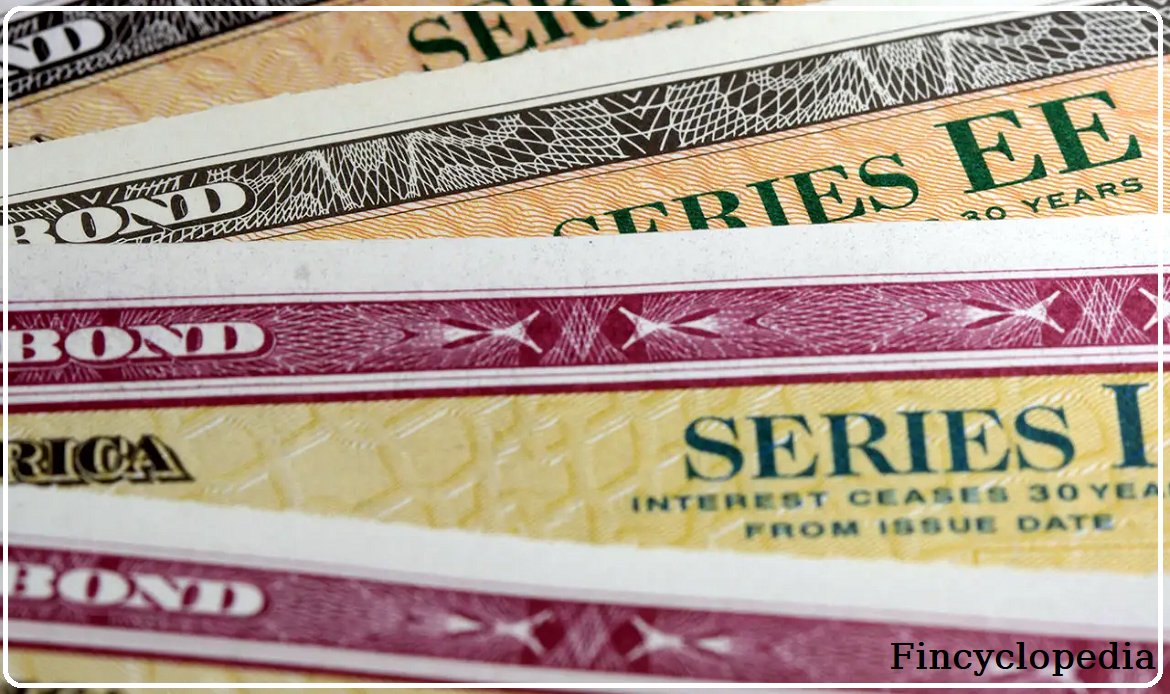A type of securitization in which receivables (loans or similar assets)- generated in the ordinary course of business- are sold by their originator or subsequent owner and transferred to a special purpose vehicle (SPV) which makes them part of a pool on which it issues securities (e.g., bonds) to investors (in the capital market) and uses the sale proceeds to fund its purchases of such assets.
The principal and interest payments on the debt securities are funded by the cash flows (both capital and revenue) generated by the underlying loans/ receivables. The SPV’s obligations towards investors (holders of the debt securities) are normally secured by the receivables and generated cash flows.
The bond or other debt securities issued in the capital market are known as asset-backed securities (ABSs). These securities represent the principal source of cash needed to service the underlying debt securities.
The transaction is of a true sale nature because once the sale and transfer of the assets to the SPV have been effected, it cannot be voided or otherwise reversed in an insolvency of the originator or otherwise.







